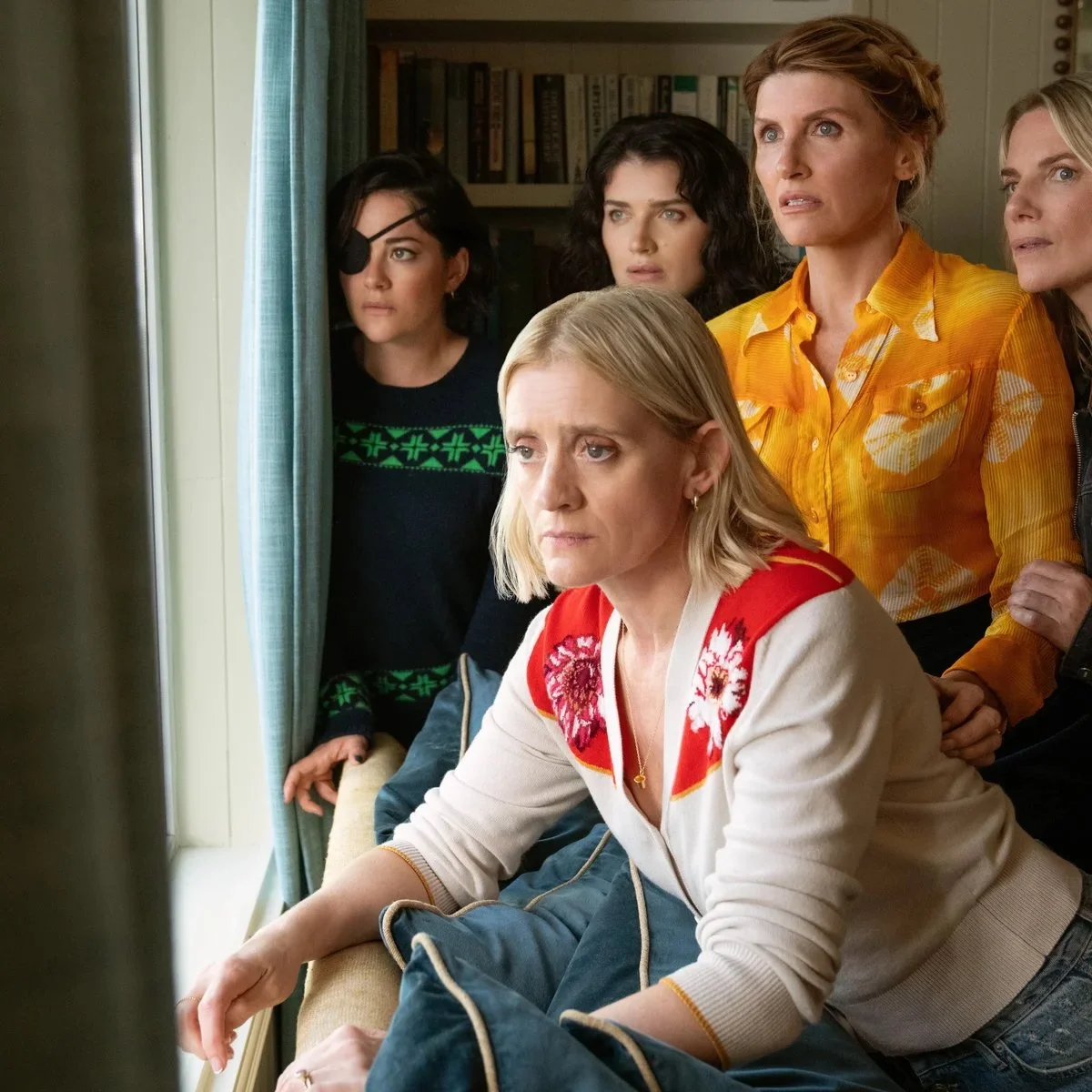
Mental Health
Reviews
Master of None
Master of None covers mental health with a mix of humor and sensitivity. While early seasons used mental health more as comic relief, the final season takes a genuine turn, focusing on real issues. The portrayal, though uneven, still adds depth to its characters' journeys.
High Fidelity
High Fidelity shines in its exploration of emotional wellness through intricate storytelling. It effectively depicts the ups and downs of mental health, though it leans heavily on relationships as the sole factor in wellbeing, missing a more holistic mental health representation.
Looking for Alaska
Looking For Alaska excels in its portrayal of mental health, capturing the raw intricacies of depression and grief with care and realism. Characters are treated with depth, avoiding stereotypes while exploring their vulnerabilities.
Parks and Recreation
While Parks and Rec touches on mental health themes, it doesn’t dive deep. The portrayal often leans toward light-hearted and comedic rather than realistic or educational.
Bad Sisters
While Bad Sisters provides an engaging narrative, its mental health portrayal leaves a lot to be desired. The series defaults to violence as a response to abuse, offering little in terms of constructive mental health dialogues
The Hype
While The Hype isn't primarily focused on mental health, it does touch on personal challenges faced by contestants. It doesn’t perpetuate harmful stereotypes but also stops short of offering in-depth insights, reflecting a middle-ground portrayal that’s more mindful than typical reality TV.
Rhythm & Flow
While it avoids deep dives into mental health issues, participants' backstories provide some insight into real-life pressures and stress. It’s slightly above neutral in portrayal due to its genuine depiction of emotional experiences tied to competition, albeit without an explicit mental health focus.
The Sopranos
The show offers a surprisingly authentic portrayal of mental health, particularly through Tony’s therapy sessions with Dr. Melfi. It displays the messy realities of therapy without sugar-coating or overly dramatizing.
The Office
The Office is a beloved classic that revolutionized TV comedy with its quirky characters and relatable office antics, it flounders in how it presents mental health topics.
Party Down
Party Down had some clever attempts to depict the struggles of creative folks chasing their dreams, the overarching theme of hopelessness in Henry's life left us feeling a bit downbeat.
The Punisher
The Punisher is a mixed bag. There’s a lot going on under the surface that digs into deep emotional themes, but it also falls prey to some harmful elements, particularly through its depiction of violence and trauma. It's intriguing yet troubling how it portrays mental illness, often linking it to aggression, which could unintentionally reinforce harmful stereotypes.
Killing Eve
Killing Eve sometimes indulges in harmful stereotypes and sensationalized violence, but it also showcases a recovery narrative, complicated emotions, and the impact of relationships on mental well-being.
Abstract: The Art of Design
Abstract: The Art of Design is a visually stunning anthology series that dives deep into the creative minds of designers across different fields.




















